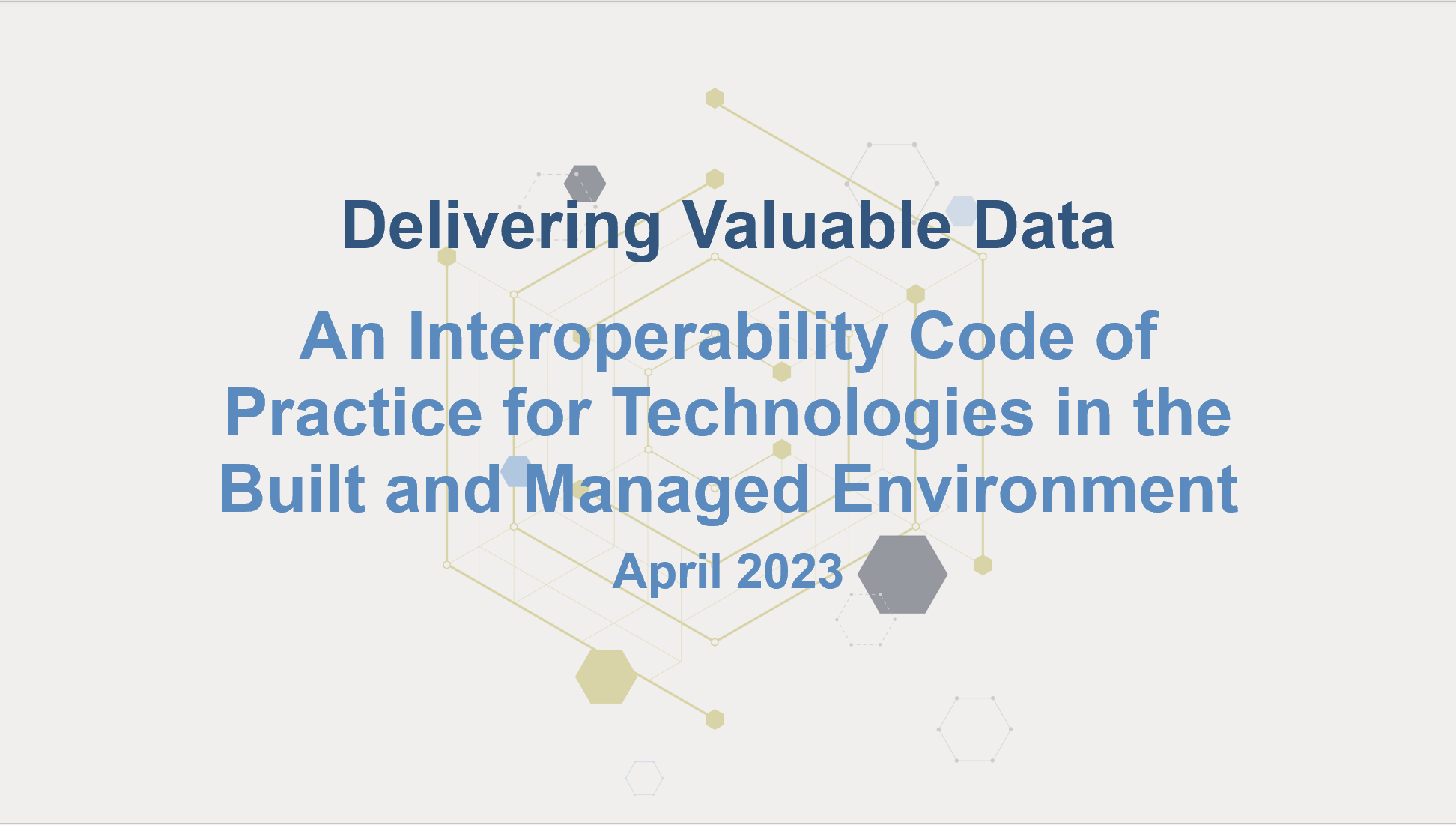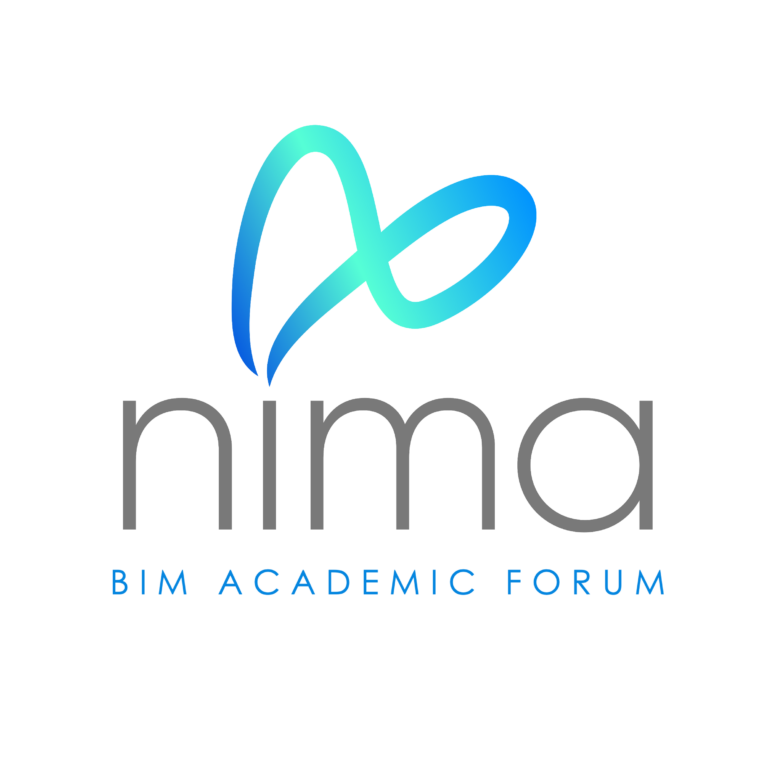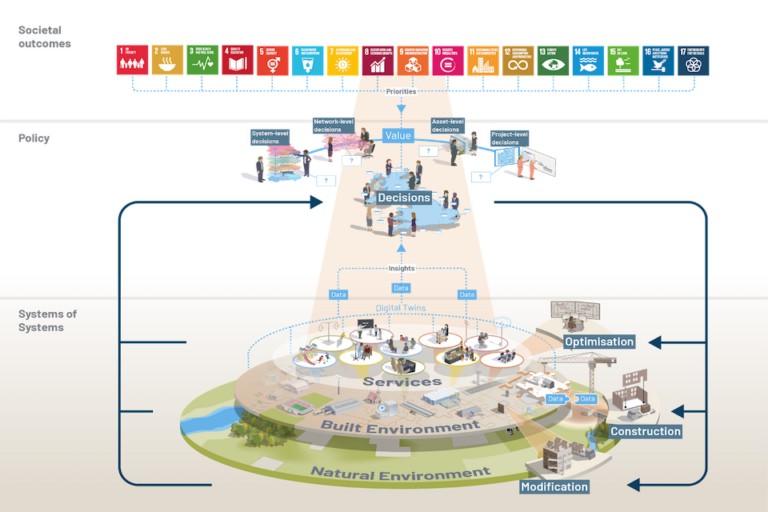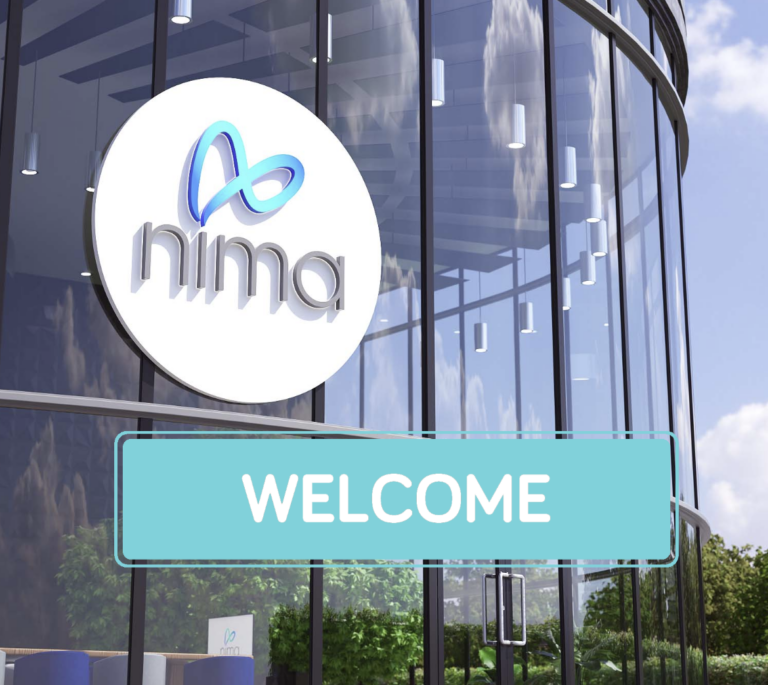Interoperability Code of Practice launched
Delivering Valuable Data: An interoperability code of practice for technologies in the built and managed environment has been launched at a 17 April 2024 event at the Institution of Civil Engineers in London.
The code draws extensively on existing UK Government policy and guidance relating to both construction and to digital technologies. It aims to achieve “greater sharing of better data” (a stated aim of the Construction Playbook) and to help deliver better whole life outcomes (in line with the TIP Roadmap to 2030). Written in plain language to help non-technical audiences understand the key requirements, it was a deliverable of the Government & Industry Interoperability Group (GIIG).
Six key principles
The code of practice was drafted by a 16-strong group; half were from technology providers, with the balance from asset owner-operators and from industry supply chain organisations. As well as the fundamental need for greater interoperability – the ability to exchange and use information, ensuring that information is independent of the technologies used – the group identified five underpinning principles:
- Longevity – enabling long-term findability, access and reuse of asset-related information. Longevity, particularly for asset owner-operators, is key to helping them maintain and enhance the ongoing value of their information
- Security – protecting security, confidentiality and privacy, while allowing non-sensitive information to be appropriately shared for the public good
- Information value – enhancing the value of information created, managed and shared by technology-using professionals across the asset life cycle
- Information ownership – ensuring enduring ownership and control by owner-operators of the information they procure about their assets, and …
- Competition – promoting fair competition between technology providers, and between supply chain users of technologies.
For all six principles, sets of associated technical requirements have been developed. In many cases, these specify existing open standards and current good practices employed by industry practitioners. They incorporate AECO industry guidance including the ISO 19650 suite of standards and the UK BIM Framework, and relevant generic technology guidance – for example, from the Central Digital and Data Office’s Technology Code of Practice.
Launch event
From the Department of Business & Trade, Fergus Harradence talked about why interoperable information matters to government; the GIIG’s Fiona Moore gave a client perspective on interoperability; Paul Wilkinson, chair of the code of practice working group gave an overview of the new Code; and Terry Stocks, from consultancy Faithful & Gould, talked about interoperability from a supply-chain / technology user perspective.
After describing the historic challenge of poor information interoperability, Paul described how the code had been produced. A GIIG industry survey had identified common issues arising from poor interoperability: additional costs, time delays, and inaccurate, incomplete and unreliable information quality. The draft code had also been shared in a public consultation process, with a widely positive response. Read more about the code in this Justin Stanton interview with Paul in BIM Plus.
The code of practice is available from the UK BIM Framework website here.








